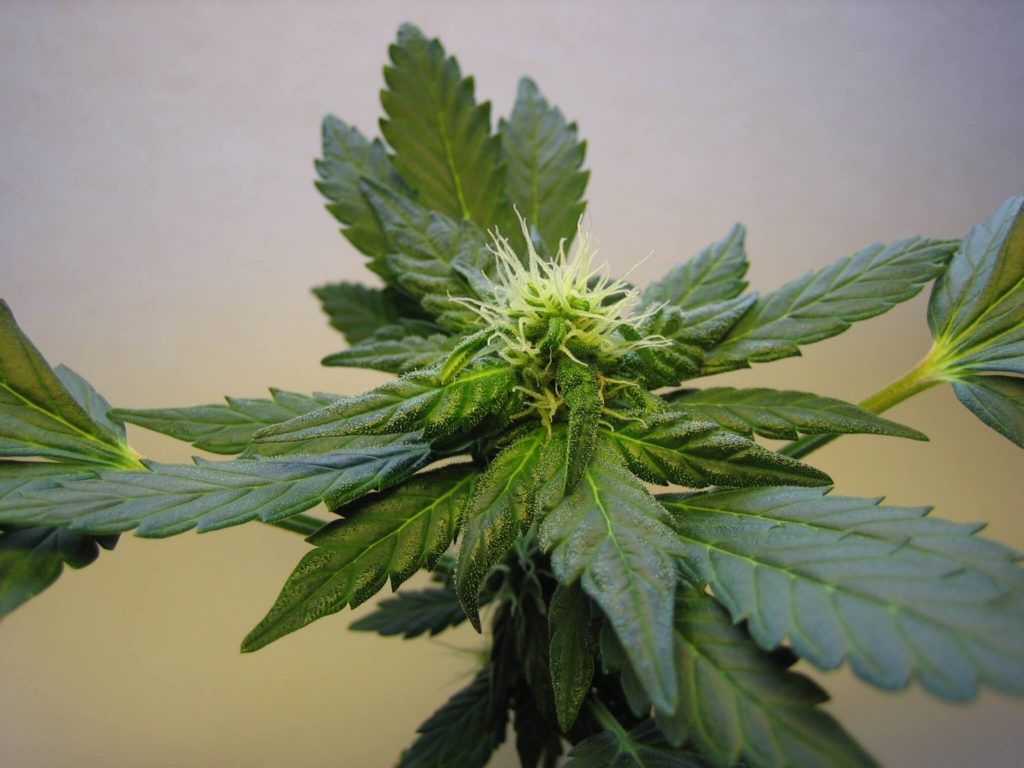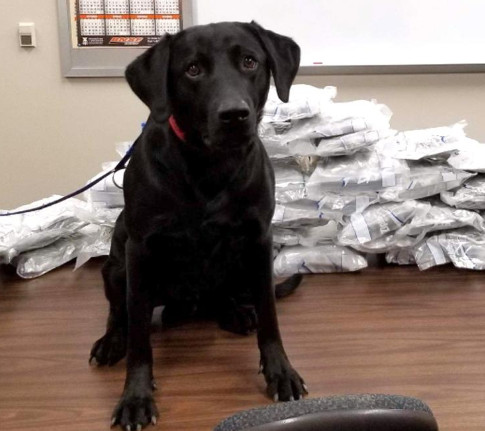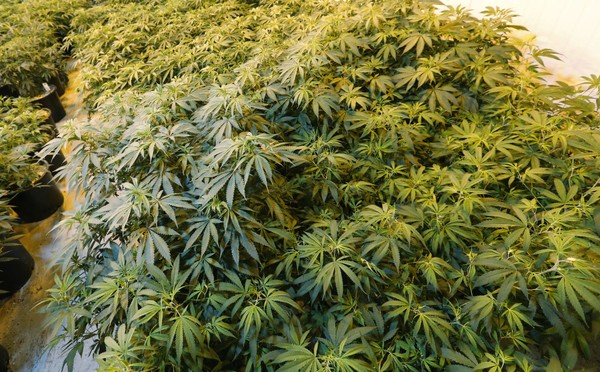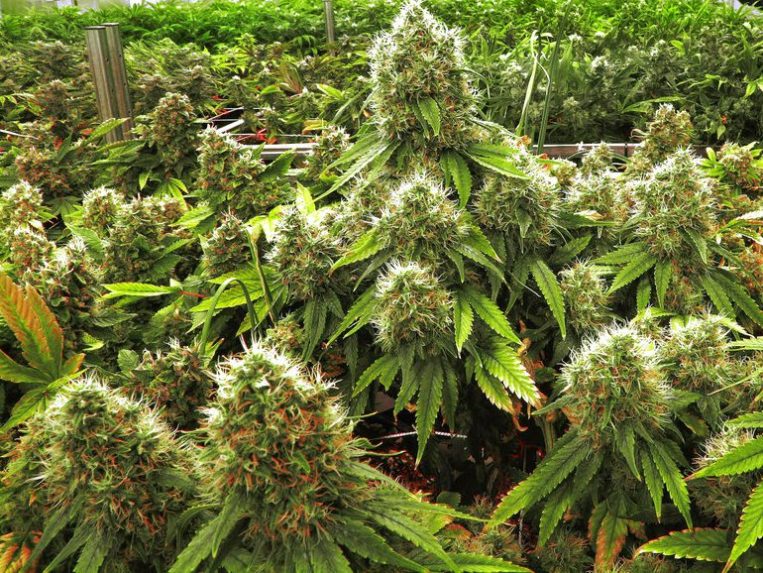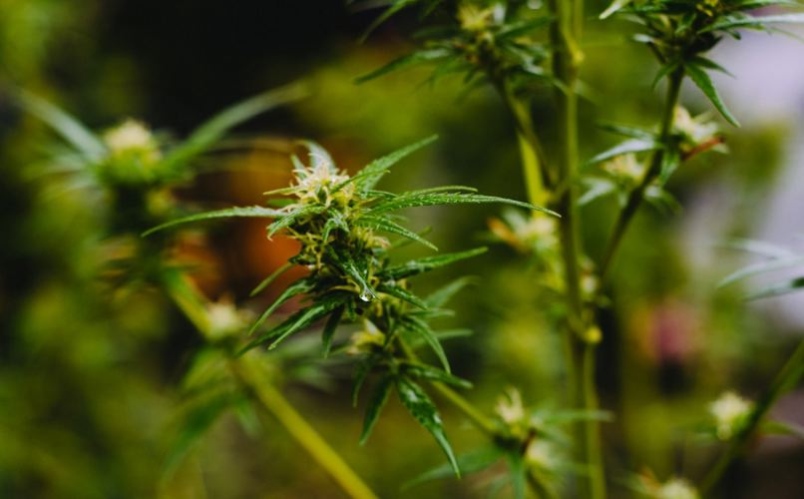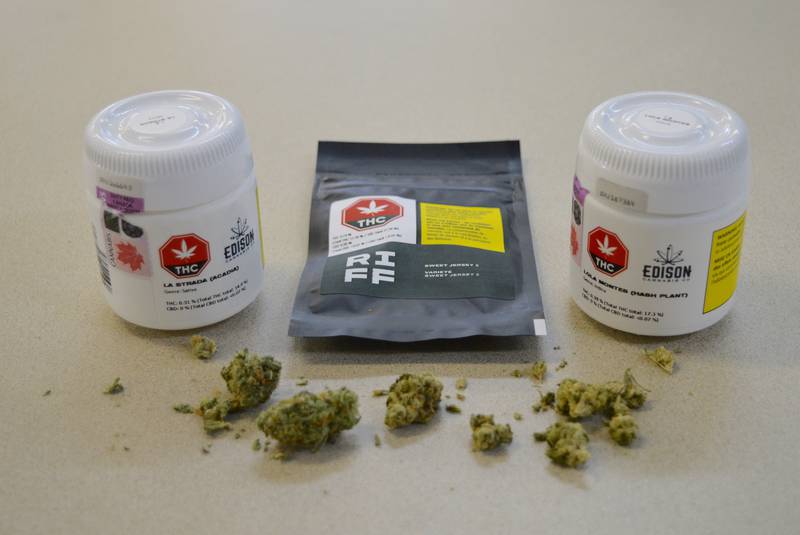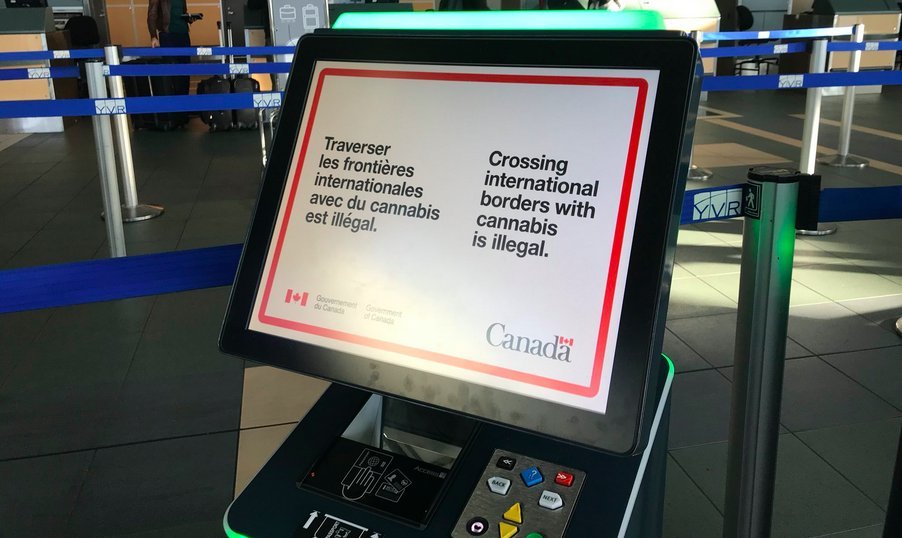Manufacturing firms are complaining about a lack of suitable workforce, but continue to reject applicants who test positive for cannabis use.
Middle America has an employment problem. But while Donald Trump tries his hardest to bring back the coal industry and bemoan the outsourcing of America’s industrial labor, there are a huge number of low-skill, high-pay manufacturing jobs sitting vacant because drug tests weed out most of the viable candidates, and employers are largely unwilling to change their zero tolerance policies.
According to a report from the New York Times, one manufacturing company, Columbiana Boiler based out of Columbiana, Ohio is so understaffed that they have purchase orders unable to be fulfilled, with the leftover work being done by the same foreign competitors that Trump and his “made in America” Republicans have spent their breath bashing.
“Our main competitor in Germany can get things done more quickly because they have a better labor pool,” Michael J. Sherwin, chief executive of the manufacturing company, said. “We are always looking for people and have standard ads at all times, but at least 25 percent fail the drug tests.”
Ohio is in the midst of the same opioid crisis causing havoc across the nation, costing the country millions of dollars of health care and lost productivity, but when it comes to mandatory drug testing, most companies are eliminating any prospective employee who has smoked marijuana in the month before their mandatory drug test.
“The lightest product we make is 1,500 pounds, and they go up to 250,000 pounds,” Sherwin said. “If something goes wrong, it won’t hurt our workers. It’ll kill them — and that’s why we can’t take any risks with drugs.”
To employers and the insurance companies that they rely on, cannabis is strangely more akin to heroin and oxycodone than it is to alcohol, which every one of these companies trust their workers to use only off the clock.
“Relaxing drug policies isn’t an option for manufacturers in terms of insurance and liability,” Edmond C. O’Neal of Northeast Indiana Works, a nonprofit group that provides education and skills training, said. “We are talking to employers every day, and they tell us they are having more and more trouble finding people who can pass a drug test. I’ve heard kids say pot isn’t a drug. It may not be, but pot will prevent you from getting a job.”
“I don’t know if you smoked it this weekend or this morning,” Mitchell said. “I can’t take that chance.”
Some companies have had job openings posted for months with no drug-free candidates to fill them. Still, the continued stigma against cannabis has companies hiring less skilled workers, spending more money training personnel they can actually hire, and letting the rest of the work go to foreign competitors, all because they’re unwilling to have conversations about safe and responsible cannabis use.
If we’re going to continue talking about jobs in America like there is a problem to be solved, the first step is to stop treating employees like parolees and end mandatory drug testing.
credit:420intel.com


